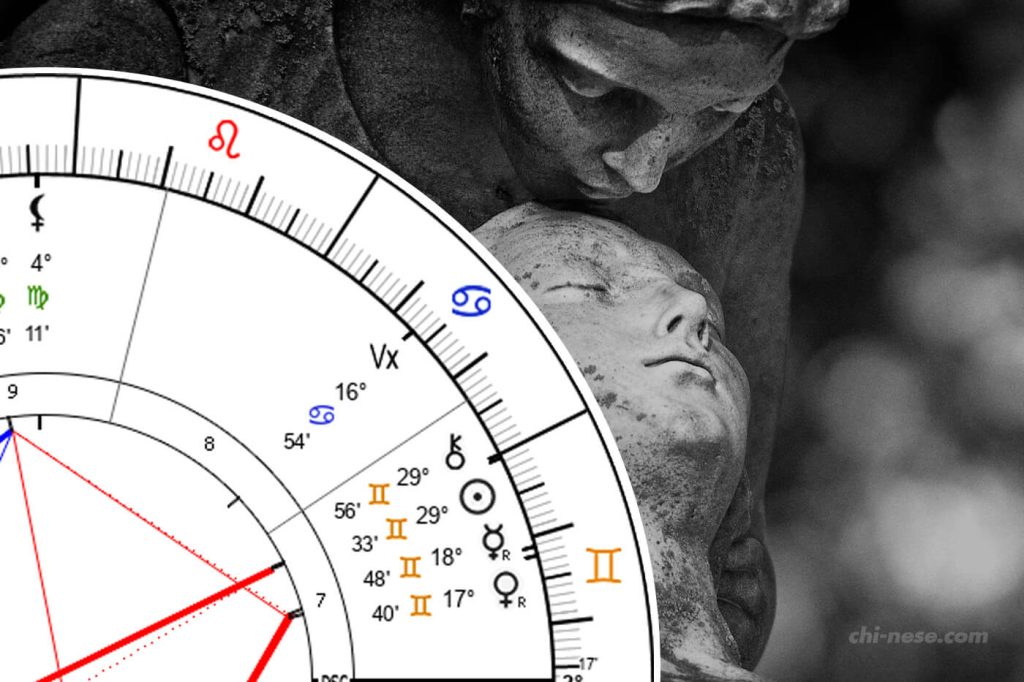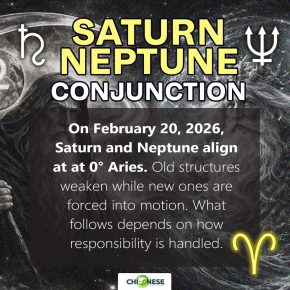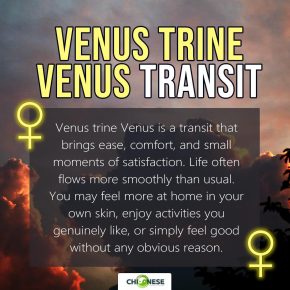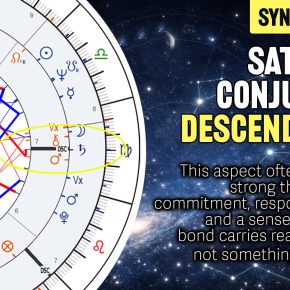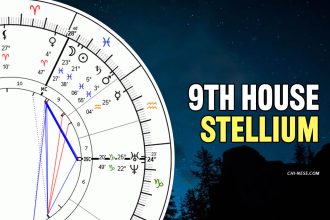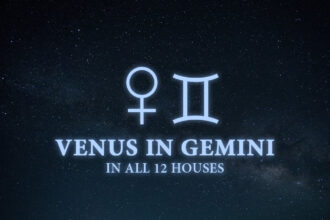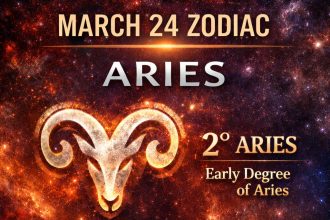If your Vertex lands in the 8th house, you’re dealing with a placement that looks intimidating on paper but is actually far more meaningful than frightening. People often confuse it with having the Vertex in Scorpio, and while the themes overlap (depth, transformation, intensity), they’re not the same thing. One is a house placement, the other a sign; both point toward deep experiences, but they operate differently.
Still, whenever the 8th house shows up, people get nervous. They see “death” in a keyword list and assume the worst. And that’s how the myth begins.
What the Vertex Actually Represents
The Vertex is a fated point in the natal chart, a place where life tends to deliver encounters, relationships, or events that shape you in ways you couldn’t have predicted. These connections often arrive suddenly, powerfully, and with a sense of “this was meant to happen.”
It’s not a death marker.
It’s not a warning.
It’s not a curse.
It’s a doorway.
The Vertex doesn’t cause anything; it highlights where your life path intersects with people or experiences that leave lasting marks.
Why the 8th House Gets Misread
The 8th house is associated with emotional depth, merging, vulnerability, shared resources, psychological truth, and yes, symbolic death, the kind where something ends so you can grow into something new.
It’s the house of shedding, releasing, confronting what’s real, and stepping into a more powerful version of yourself. Nothing about this points to literal physical death.
When the Vertex sits here, the house’s themes color the way fate enters your life… through intensity, truth, vulnerability, or emotional transformation.
What an 8th House Vertex Actually Means
The people and moments that feel “fated” for you tend to pull you into change. They might break down old walls, expose truths you’ve ignored, or crack your emotional armor in ways that ultimately make you stronger.
Some examples:
- You meet someone who forces you to face a part of yourself you’ve avoided.
- A relationship pushes you into deeper intimacy than you thought possible.
- A financial or emotional entanglement becomes a turning point in your life story.
- A crisis becomes a catalyst, not for destruction, but for renewal.
- You might suddenly become very wealthy through another person.
These defining moments are invitations. The Vertex in the 8th house says that your destiny is tied to the moments that transform you, even when they’re not comfortable.
And No, This Has Nothing To Do With Predicting Death
Astrology is symbolic. The 8th house is symbolic. The Vertex is symbolic.
Combine the three and you still don’t get anything related to literal death.
The 8th house is about endings and beginnings. The Vertex is about fated intersections. Put them together and you get transformative encounters, not tragic events.
Some of the most meaningful turning points in your life will carry an 8th-house flavor, deep, revealing, intense, and unforgettable.
If You’re Worried About Your 8th House Vertex
This placement doesn’t mean loss.
It doesn’t mean tragedy.
It doesn’t mean danger.
It means your soul didn’t come here for a surface-level experience. Your path involves emotional honesty, intimacy, truth, and the kind of encounters that change you from the inside out.
It’s not here to harm you, it’s here to grow you.
The Energy in Its Purest Form
A Vertex in the 8th house doesn’t point to death. It points to depth. It describes a life where the most meaningful, fated moments are the ones that ask you to open up, transform, shed old versions of yourself, and meet life with your whole heart instead of just the parts that feel easy.
It’s intense, but it’s also powerful.
And if you learn to work with it rather than fear it, this placement becomes a reminder that your life is shaped by experiences that awaken the real you.



